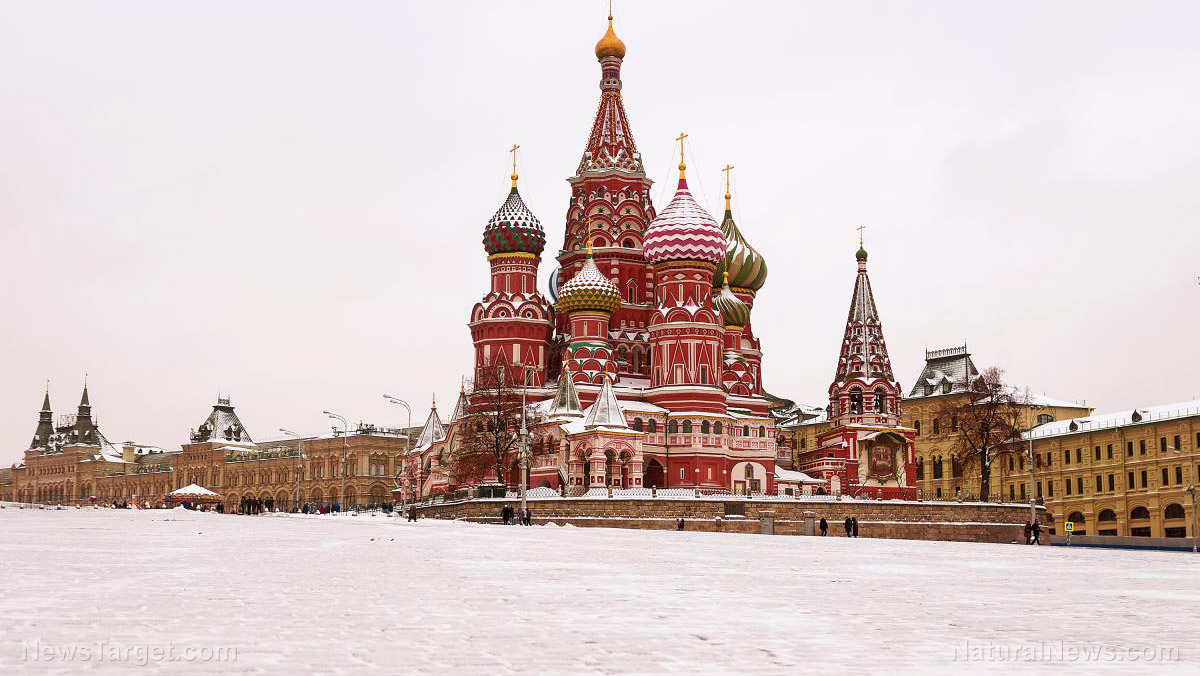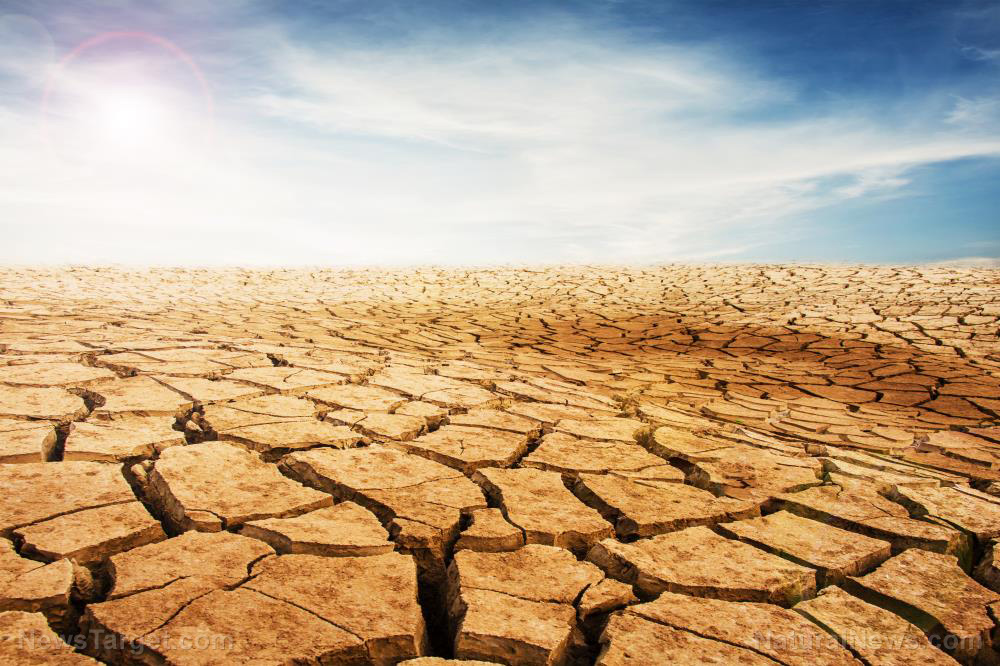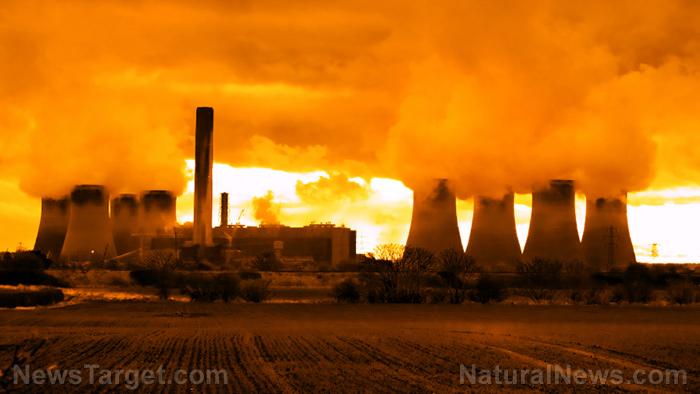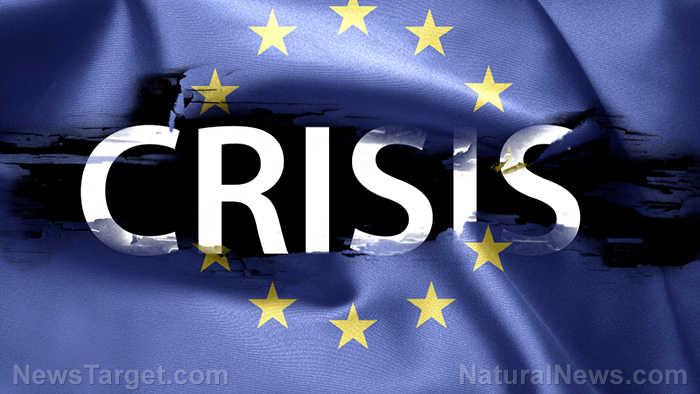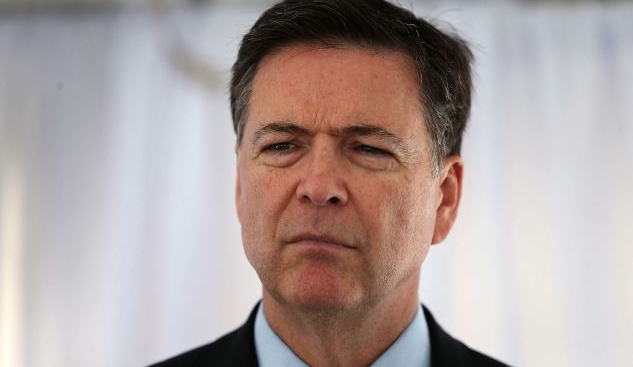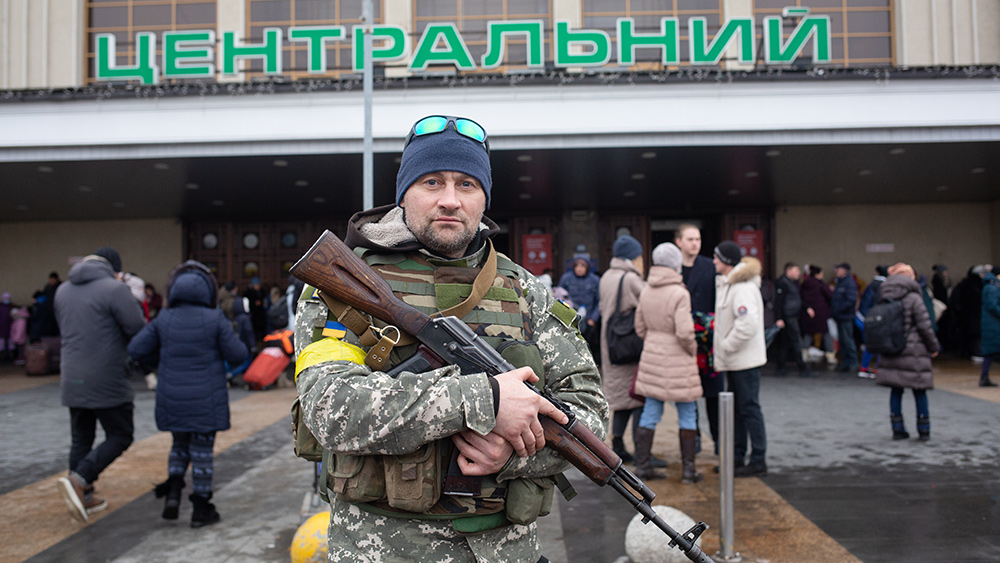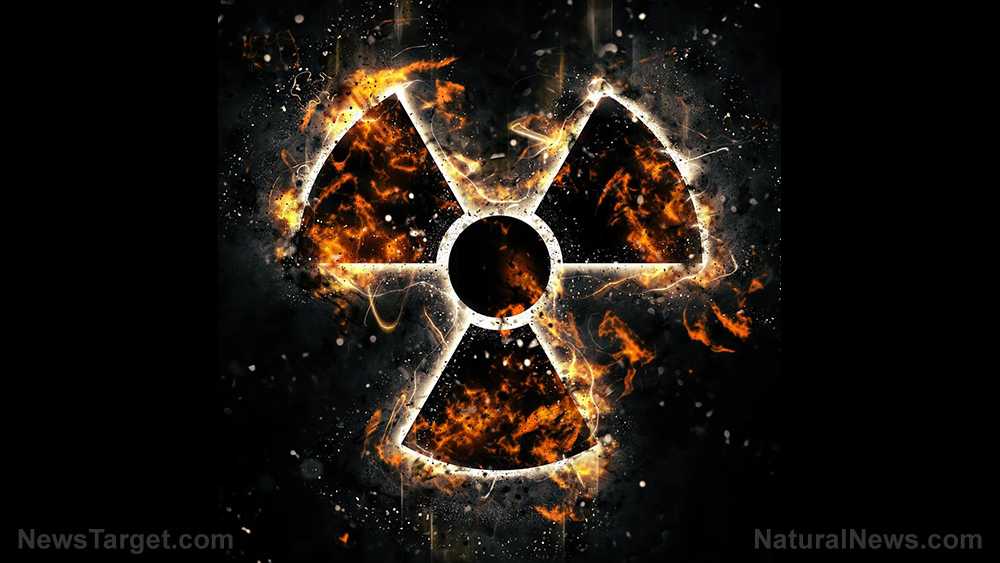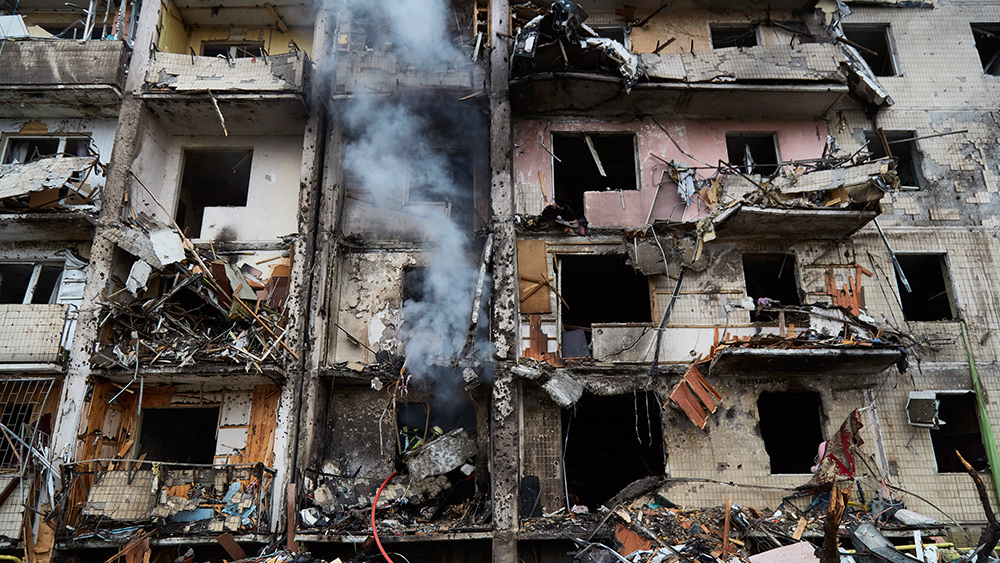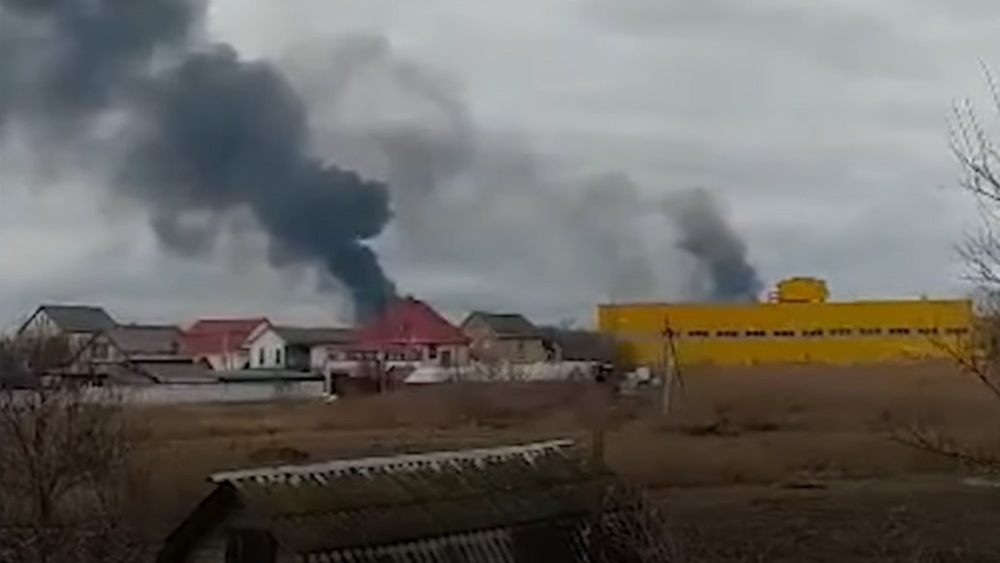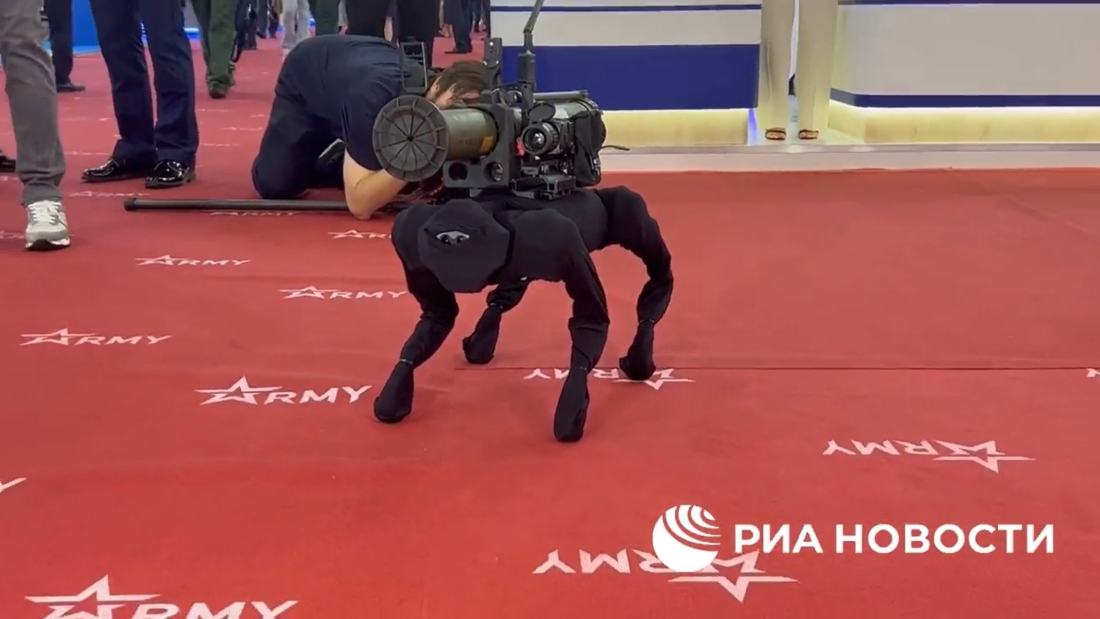Germany bails out its top importer of natural gas in $15bn rescue deal
07/31/2022 / By Cassie B.

Germany has agreed to bail out embattled energy company Uniper with a $15 billion rescue deal. Uniper is Germany’s biggest importer of gas, and it has been hit hard by the severe reduction in flows of natural gas from Russian pipelines. This has led to soaring prices in Europe’s largest economy.
Under the package, the German state will obtain an equity stake of 30 percent in Uniper. Uniper’s Finnish majority owner, Fortum, released a statement announcing the stabilization package agreement with the government.
Fortum CEO and President Markus Rauramo said: “We are living through an unprecedented energy crisis that requires robust measures. After intensive but constructive negotiations, we found a solution that in an acceptable way met the interest of all parties involved.”
He added: “We were driven by urgency and the need to protect Europe’s security of supply in a time of war.”
Rauramo characterized the events as a “new framework for European energy companies” resulting from a severe shake-up to the European energy system in light of the new geopolitical realities. He said that further work will be needed in order to make the gas industry sustainable.
The bailout will see Fortum’s stake in Uniper drop from 80 percent to 56 percent. Fortum added that the German government will provide additional support should Uniper’s losses from the gas squeeze surpass 9 billion euros.
German Chancellor Olaf Scholz highlighted the prominent role Uniper played in the German economy in his announcement of the deal, saying the company is “of paramount importance for the economic development of our country, for the energy supply of the individual citizen, but also of many companies.”
Europe learning hard lessons about dependence on Russian gas
Gas supplies from Russia to Europe have dropped since the country’s invasion of Ukraine and the subsequent sanctions that Western nations have placed on Moscow. Because Uniper only received a fraction of contracted gas volumes from the Russian gas giant Gazprom, it has been forced to buy gas at spot market prices, which are significantly higher.
Germany is considered especially vulnerable to the severe drop in Russian gas imports as the country has long depended on gas from Moscow to power both German homes and heavy industry; Russian gas makes up more than half of the long-term supply contracts held by Uniper.
In the European benchmark for natural gas trading, the Dutch TTF hub, the front-month gas price for natural gas trading on Friday reached €164 per megawatt-hour. Prices have risen by more than 650 percent in the past year.
The move comes after Uniper’s announcement last week that it was already drawing down gas from its storage facilities, which was compromising the supplies needed to get Germany through the coming long and cold winter. It was an untenable situation, and Uniper said at the time that they needed help in a matter of days, not weeks.
In June, Gazprom slashed gas shipments by 60 percent across the Nord Stream 1 pipeline, which provided a direct link for Moscow’s gas to Germany, over a dispute surrounding returning a turbine from Canada to Russia.
According to a survey carried out by the Association of German Chambers of Industry and Commerce, one out of every six German and industrial companies has felt forced to reduce their production on account of high energy prices.
The EU has vowed to reduce its consumption of Russian gas by 66 percent before next year, before ending its dependence entirely by 2027. It unveiled an emergency gas rationing plan earlier this month with a target for member states to reduce gas demand by 15 percent between August and next March.
Sources for this article include:
Submit a correction >>
Tagged Under:
chaos, collapse, economy, energy, energy crisis, EU, fossil fuels, fuel supply, Gazprom, Germany, natural gas, rationing, Russia, scarcity, supply chain, Uniper
This article may contain statements that reflect the opinion of the author
RECENT NEWS & ARTICLES
COPYRIGHT © 2022 RussiaReport.news
All content posted on this site is protected under Free Speech. RussiaReport.news is not responsible for content written by contributing authors. The information on this site is provided for educational and entertainment purposes only. It is not intended as a substitute for professional advice of any kind. RussiaReport.news assumes no responsibility for the use or misuse of this material. All trademarks, registered trademarks and service marks mentioned on this site are the property of their respective owners.

